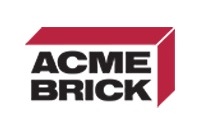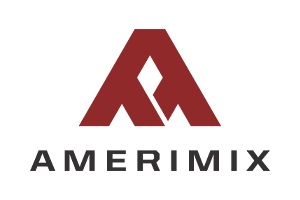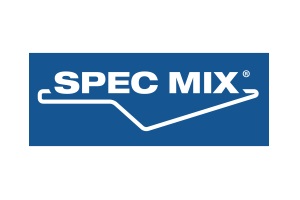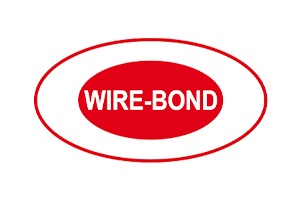 Watershed Materials, a California-based building materials technology startup, has developed a solution to produce high-strength masonry with a low carbon footprint using natural mineral based geopolymers. The technology allows for natural clays found readily all over the planet to be turned into reliable masonry products and offers a sustainable alternative to traditional concrete masonry. Recent test samples have achieved compressive strengths of 7,000psi, the company reports – twice the strength of ordinary concrete – and have demonstrated remarkable resistance to water and chemical erosion.
Watershed Materials, a California-based building materials technology startup, has developed a solution to produce high-strength masonry with a low carbon footprint using natural mineral based geopolymers. The technology allows for natural clays found readily all over the planet to be turned into reliable masonry products and offers a sustainable alternative to traditional concrete masonry. Recent test samples have achieved compressive strengths of 7,000psi, the company reports – twice the strength of ordinary concrete – and have demonstrated remarkable resistance to water and chemical erosion.
“The implications for this technology are enormous,” says David Easton, Watershed Materials’ president and co-founder. “Using geopolymer technology to produce dependable building materials from natural clay minerals found throughout the developed and developing world is a local solution with global impact.”
Watershed Materials’ technology, funded by the National Science Foundation, utilizes the geopolymerization of natural clay minerals and provides a more ecological, natural and globally available technology for producing building materials. Natural clays can be sourced from quarry and mine waste as well as construction site excavation. Watershed Materials reports that masonry building products made with Watershed Materials’ technology inherit the visual appeal of their local production and appear more complex than typical grey concrete that is made from virgin mined rock washed of local color variations.
Geopolymers are a new technology that provide an alternative to Portland cement used in concrete and masonry. Until now, geopolymers have mostly relied on fly ash, a byproduct of burning coal, or blast furnace slag, a byproduct of iron and steel production. These industrial waste products are available only adjacent to coal fired power plants and steel production facilities, and the world does not produce enough to meet demand for concrete products. In place of these materials, Watershed Materials’ technology activates globally abundant natural clay-based minerals to form strong geopolymer reactions.
Applications for Watershed Materials geopolymer technology include:
- Mass production of sustainable masonry made from locally sourced, often recycled mine and quarry waste
- On-site local production of structural masonry from excavation or demolition materials
- Disaster relief and remote production of reliable building materials from locally sourced abundant material
Watershed Materials first began to study mineral-based geopolymers as an alternative to Portland cement in 2011. The company identified certain natural clay minerals as having properties that could be activated in a geopolymer reaction, but the process was difficult.
“These minerals were overlooked by others because they are not immediately reactive as a geopolymer,” says Jose Muñoz, Watershed Materials’ director of technology. “We’ve solved the puzzle to allow natural clays to form geopolymer bonds for the production of high-strength building materials.”
Muñoz and Taj Easton, Watershed Materials’ research lab manager, spent four years refining the process. Masonry produced with this technology will use less energy to produce, uses no cement, no fly ash, no blast furnace slag, requires no high-temperature kilning, incorporates no dyes or colorants, and will open up previously overlooked, widely available natural and recycled materials as ideal for the production of durable building materials.
Find out more at http://watershedmaterials.com.













